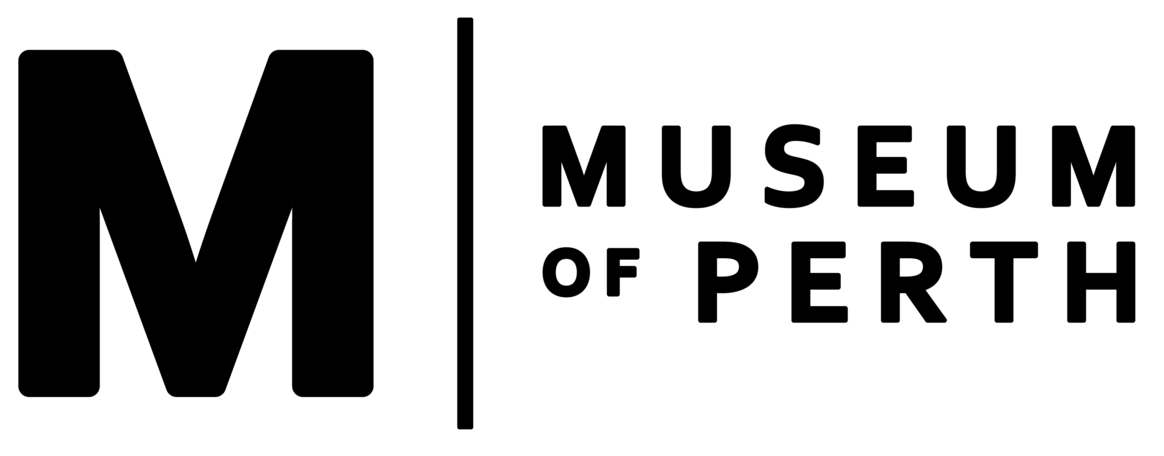JESSIE GRIMSHAW (1890- 1971)
“For nearly sixty years Mrs Jessie Grimshaw wrote letters to the local Perth papers, about issues that were important to her; putting her comment before the public and making them think. She posted a letter several times a week over six decades of social change and her opinions were valued- she challenged spiritedly, on their behalf everything she considered not in the public’s good.” From Reflections, Profiles of 150 women who helped make Western Australia’s History, edited by Daphne Popham, 1979.
Jessie Grimshaw (nee Tait) was born on 26 July 1890 in Clousta, Aithsting, Shetland Islands, Scotland. Her mother was Elizabeth Jamieson and father Andrew Tait (reference). Jessie’s family had resided in the Shetland Islands for many generations. She had five sisters Elizabeth (b.1884), Jemima (b.1886), Helen (b.1888), Margaret (b.1892), Christina (b.1895) and one brother John (b. 1897).(reference).
Jessie left England for Australia in 1912. (reference)
Jessie Tait married John Henry Grimshaw in the Murchison area in either 1915 or 1916. John Henry Grimshaw was born on 28 February 1876 in Geraldton. His parents were Jessie Cecilia Gallagher and Henry Grimshaw (reference). John had previously been married to Clara Tanner in 1900 in Fremantle. The couple lived together until May 1904 when Clara left John. In 1915 John filed for marriage dissolution (reference).
Jessie and John had (5?) children: Jessie Henrietta (b. 1916; d. 28 January 1994), John Alexander ‘Jack’ (b. 1917, Geraldton), Dorothy Elizabeth (b. 1920), William Thomas (b. 25 Feb 1920) Henry C (b. 1926 Fremantle).
The family lived at 173 Forrest St, East Fremantle from 1927. This became no 96 Forrest from 1937. Forrest St became part of Fremantle between 1949-1953.
In 1930 John had a work-related accident: “John Grimshaw (54), a lumper, of 173 Forrest-street, East Fremantle, had his right foot crushed when a piece of timber fell out of a sling at Victoria Quay Fremantle, early yesterday morning. He was taken to the Fremantle Hospital.” (reference)
John died suddenly on 7 September 1934. “It was reported to the East Fremantle police last night by Dr. F. H. U. Baker that he had been called to attend John Grimshaw (57), of Forrest-street. Fremantle, and on arrival found that Grimshaw was dead. (reference) The body was removed to the Fremantle morgue, where a post-mortem examination was conducted, establishing that death was due to natural causes (reference).
While on a hunting party shooting kangaroos in Serpentine in 1938, Jessie’s son John ‘Jack’ Grimshaw, accidentally shot in the stomach - Mr. Peter Luff (30), a married man, also of East Fremantle. Luff was immediately conveyed by motor car to Fremantle Hospital. (reference) An operation was performed and the pellet was extracted from his stomach. The shooting expedition included Jack’s younger brother William Grimshaw. (reference)
“In 1940, at Wesley Church in Fremantle, John Alexander, eldest son of Mrs. and the late Mr. J. Grimshaw, of Forrest-street, Fremantle, married Edna Olivia Cockroft youngest daughter of Mr. and the late Mrs. A. W. Cockroft, of Forrest-street, Fremantle”. (reference)
“In 1940 Dorothy Elizabeth married Charles Howard Chadwick at the Wesley Church, Fremantle, and the bride was given away by her brother, Mr Jack Grimshaw. The groom wore the uniform of the Royal Australian Artillery”. (reference)
In 1941 Jessie Henrietta married George Thomas Fred Fletcher. The bride was given away by her brother William and the groom wore a R.A.A.F. uniform. A reception was held at St.Peter's Hall, Canning-road. (reference)
In 1942 William Thomas enlisted as a private in the Australian Army. He lied- adding three years to his age to be able to enlist. He died with the 2/32nd Australian Infantry Battalion in Egypt on 31 October 1942 and was buried at the El Alamein War Cemetery, in Egypt. (Service Number - WX15137) (reference) He was only 19.
Jessie Grimshaw died on 10 November 1971 in Fremantle, WA, aged 81.
Some of her letters are reproduced below:
1943:
Opinion - upcoming elections (reference)
Opinion - democracy and policy making (reference)
1944:
Opinion - reduced butter ration (reference)
Response on butter by another person (reference)
Opinion - payments by Government (pensions, soldiers, maternity) (reference)
Opinion - rationing (one chicken for three days) (reference)
Opinion - jobs and governing (reference)
Opinion - rationing (reference)
Opinion - next 10 years (reference)
Opinion - government (reference)
1945:
Opinion - post war minorities, racial arrogance (reference)
Response by another person (reference)
Opinion - on jobs and sovietism (reference)
Response by another person (reference)
Opinion - on women (and Labour) (reference)
Response on women by another person (reference)
Opinion - on the atomic bomb (reference)
Opinion - on John Curtin’s widow (reference)
Opinion - on war and religion (reference)
1947:
On topic ‘Church Discipline’ (reference)
1948:
The believers and communists (reference)
1949:
“DOES PAUL NEILSON TAKE US ALL FOR FOOLS?” (about Reds) (reference)
Happiness isn’t ridiculous (reference)
Response by another person (reference)
Money governs govt. (reference)
The court does not legislate (reference)
Socialism an 'inalienable right' (Jessie response to another person) (reference)
Response by another person (reference)
Speaking about socialism... (reference)
Response to letter by another person (reference)
‘The worries you buy with land’ (reference)
Short piece on NZ, depression (reference)
1953:
Rent fixing (reference)
1954:
Welfare state (reference)
Queen’s highway (reference)
Agreement with letter of Grimshaw by another person (reference)
Housing (reference)
Ultimate landlord (reference)
Voting (reference)
Response by another person (reference)
Letter from J. Grimshaw 1949
